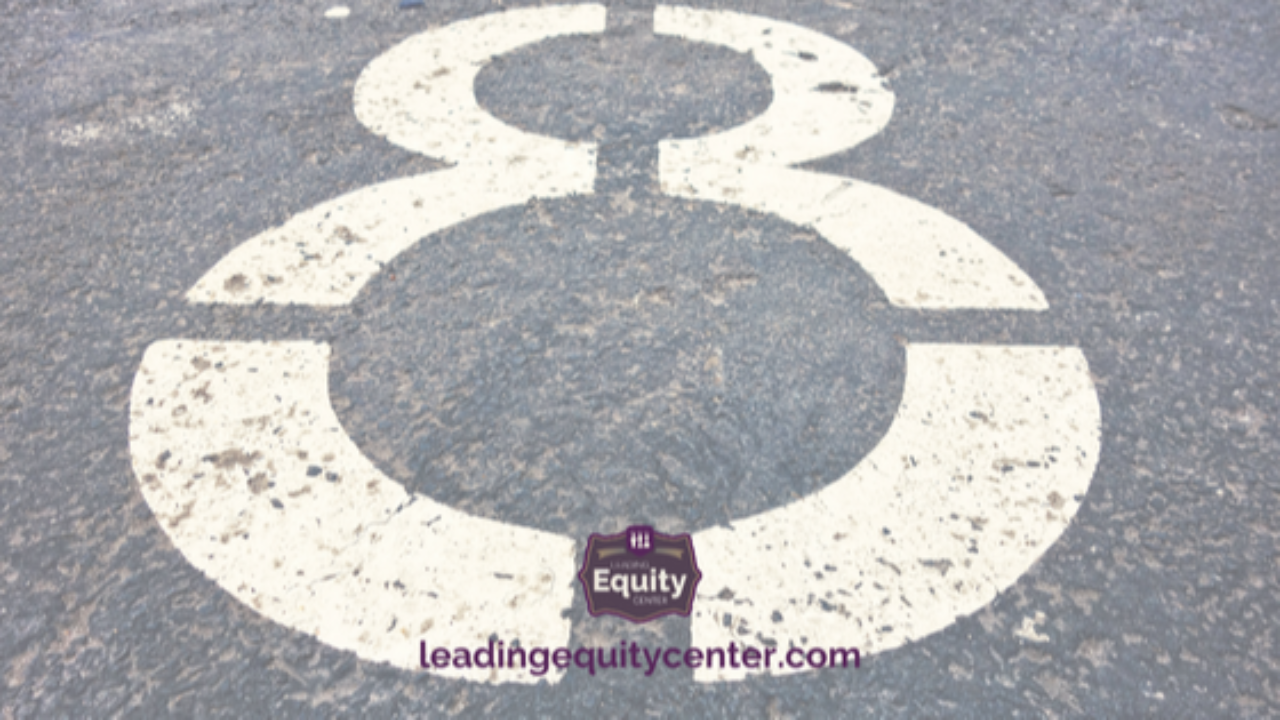8 Equity Strategies You Can Use Today

As educators, we strive to ensure that every student has the opportunity to succeed. However, achieving educational equity requires a holistic approach that addresses not only academic achievement but also students' cultural, social, and emotional needs.
In my conversation with Dr. Dionne McLaughlin, we discussed 8 Equity Strategies You Can Use Today. These strategies offer a comprehensive approach to promoting equity and excellence in education that can benefit students and schools.
- Personalizing Data: One of the essential steps to achieving educational equity is to personalize data by looking at the pictures of students and learning about individual student stories. This information can be used to generate personalized learning goals and to monitor progress toward those goals.
- Promoting Equity: Creating a fair and just learning environment for all students is crucial to achieving equity. Using equity audits and an equity lens can help identify and address areas of inequity. Principals can also create equity-focused learning goals to ensure that all students have an opportunity to succeed.
- Culturally Proficient Teachers: Recruiting culturally proficient teachers is critical to any equity-centered plan. By recruiting teachers from Hispanic-Serving Institutions (HSIs) or Historically Black Colleges and Universities (HBCUs) and monitoring the implementation of culturally proficient instruction, educators can ensure that all students receive the support they need.
- Increasing Cultural Proficiency: An equity-centered plan emphasizes increasing teachers' cultural proficiency by leading professional development focused on Black and Latinx students. This may include Wise Wednesday best practices, equity downloads, and other initiatives.
- Utilizing Student Voice: Principals can use student voice data to improve school performance by conducting equity listening tours, town halls, surveys, and panel discussions.
- Providing Scholar Support: Equity-centered plans highlight the importance of delivering academic affinity and scholar support programs for students struggling academically or socially. These programs can provide academic support and affinity groups for students who need them.
- Creating Highly Structured Interventions: The equity-centered plan emphasizes the need for highly structured interventions, such as creating a school-wide intervention day, developing student databases to monitor performance, and creating a part-time technology facilitator position to monitor progress.
- Partnering with Parents: Building trust and understanding with parents is crucial to the success of any educational framework. By being available to parents, conducting academic teas, and asking them to conduct classroom walkthroughs, educators can build strong relationships with parents.
In conclusion, this equity framework provides a comprehensive approach to promoting educational equity and student success. By personalizing data, promoting equity, recruiting culturally proficient teachers, increasing cultural proficiency, utilizing students' voices, providing academic affinity and scholar support, creating highly structured interventions, and partnering with parents, educators can ensure that all students have the opportunity to succeed. By implementing this framework, schools can create a more equitable and just society for all.

